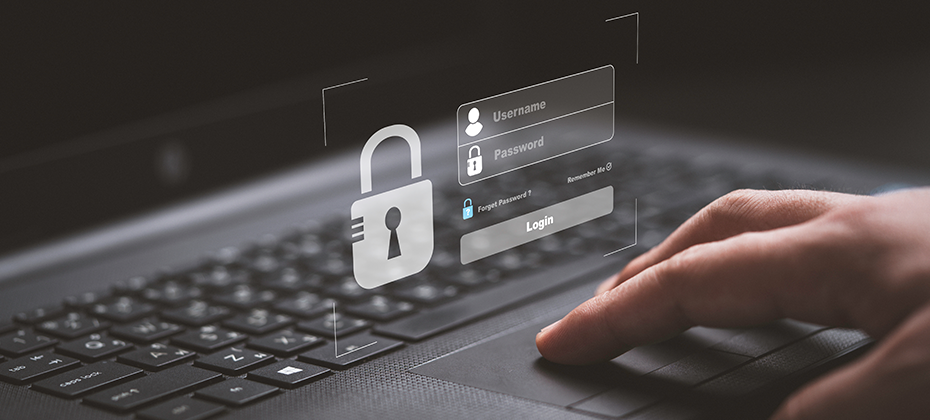Our guest blogger this week is Karen Barney of the Identity Theft Resource Center (ITRC).

Therise of online functionality and connectivity has in turn given rise to online security issues, which create the need for passwords and other defenses against information theft. Most people today have multiple online accounts and accompanying passwords to protect those accounts. I personally have accounts (and passwords) for sites I no longer even remember. And while I have more accounts than most due to my profession, my hunch is that many people deal with the issue of password overload. Password overload is when you attempt to use your Pinterest, Twitter, work email and university login passwords (one after another) to get into your Money Market Account only to be locked out. Now you have to go into the branch with photo ID, or endure the dreaded “customer service hotline” (not-line) to prove that “you are you.” I expect that you have experienced such “password overload” inconveniences, or you almost certainly know someone who has.
The problem seems like it could be easily solved by using the same password for everything. One password to remember, and no more jumbling through your notebook trying to find what password you used for your newest account creation or Facebook app. The problem with this approach is that if you are using the samepasswordsfor all (or even several) of your accounts, then if someone manages to get the password for say, your Instagram account, they would probably be able to then drain your savings account, phish your family for personal information (such as your Social Security Number), or rack up a warrant in your name for writing bad checks…. This could all happen because you logged into Facebook at an unsecured Wi-fi location, where your password for that oneaccount is compromised, and it happens to be the same password you use for multiple accounts.
So, what do you do if you don’t want to tattoo 25 passwords on your arm and you don’t want to end up cuffed for felony check fraud? The answer is a password manager. This new service was created so that users can remember just one password, yet have access to all other passwords. The best part is that you can have access to these passwords from anywhere as most of the new password managers are internet based. As the need for password management increases, the options consumers have grown leaving even the strictest cybersecurity aficionado pleased with the service.
A few things you should look for when finding a password manager are:
- Is it cross platform? Will it work on your iPhone and your PC?
- How is the information (your passwords) encrypted?
- Does the service sync automatically, or will the user need to update the password storage database every time they sign up for a new account?
- What is the initial authentication process and how strong is it?
- How reputable is the company who created the product and what is reported about the product itself?
By asking yourself these questions you should be on your way to making sure that your passwords are protected and you won’t lose your mind trying to keep track of them all. Just make sure you protect your login credentials for your password manager…. likereally, really well…


